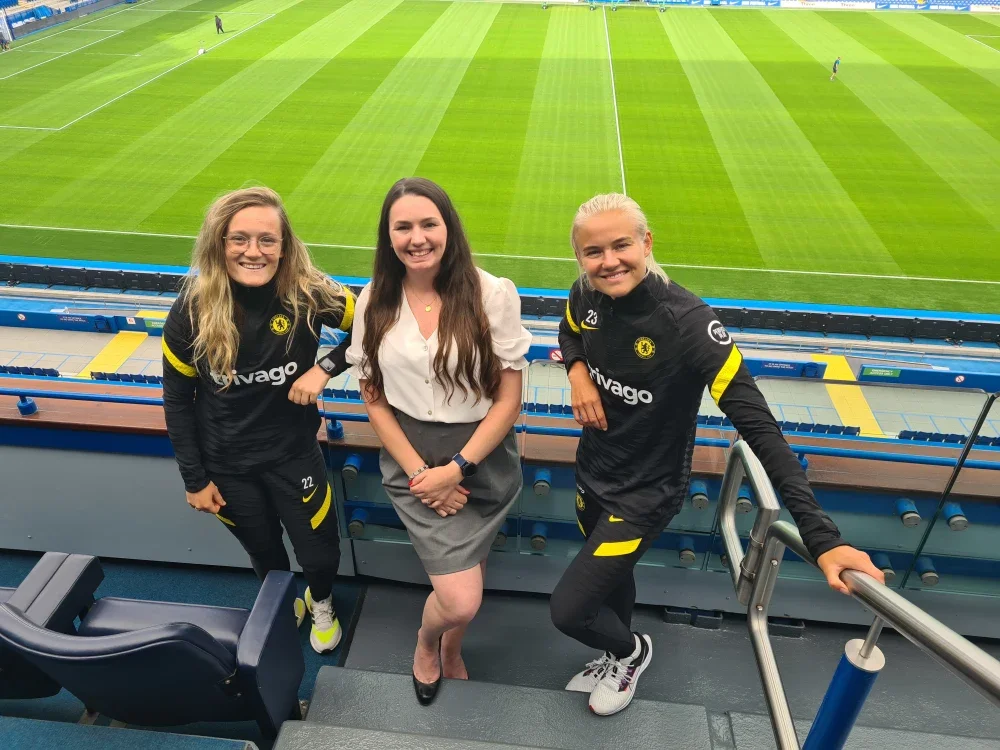Chelsea Women have partnered with Hammersmith & Fulham Council to give free matchday tickets to women and children accessing domestic abuse services. The initiative kicked off at their season opener against Manchester City, welcoming 16 survivors and their families into the stands at Stamford Bridge.
This is a signal of how elite clubs can use their cultural capital to shift perceptions of football, create inclusive experiences, and link sport to social healing.
📊 Supporting Stats
1 in 4 women in the UK will experience domestic abuse in their lifetime (Office for National Statistics, 2023).
Research shows that participation in sport or fan communities can improve self-esteem and mental health, particularly for survivors of trauma (Women’s Sport Trust, 2024).
Chelsea Women’s home matches regularly attract 10,000+ fans - a scale that allows visibility for initiatives like this without losing intimacy.
🧠 Decision: Does It Work?
Yes. From a brand strategy perspective, this works because it aligns Chelsea Women with values of empowerment, inclusion and resilience - qualities central to the women’s game. Unlike generic CSR, the partnership is rooted in lived experience: the act of bringing women into a stadium where they are often culturally sidelined is itself symbolic.
The move also subtly repositions football fandom as a shared family experience rather than male-coded territory. For Chelsea, this strengthens cultural relevance and loyalty beyond performance metrics on the pitch.
The risk is that such programmes remain small-scale and symbolic without systemic follow-through - but as part of H&F’s wider £250,000 commitment to ending violence against women and girls, it reads as embedded rather than tokenistic.
📌 Key Takeouts
What happened: Chelsea Women offered free tickets to survivors of domestic abuse, in partnership with Hammersmith & Fulham Council.
What worked: Created a safe, joyful community space while challenging gendered assumptions around football fandom.
Signals: Women’s football is increasingly used as a platform for social progress, widening its cultural role beyond sport.
For marketers: Aligning brand moments with meaningful, lived experiences creates cultural resonance without feeling performative.
🔮 What We Can Expect Next
Expect more women’s teams - and progressive men’s clubs - to lean into similar partnerships that intersect sport, wellbeing and social support. This reflects a wider trend of football clubs acting as community anchors rather than just entertainment brands.
The challenge will be maintaining authenticity: audiences will quickly spot if such gestures become box-ticking exercises. For Chelsea, scaling this programme and making survivors’ presence a normalised part of matchday culture could set a benchmark across the league.
